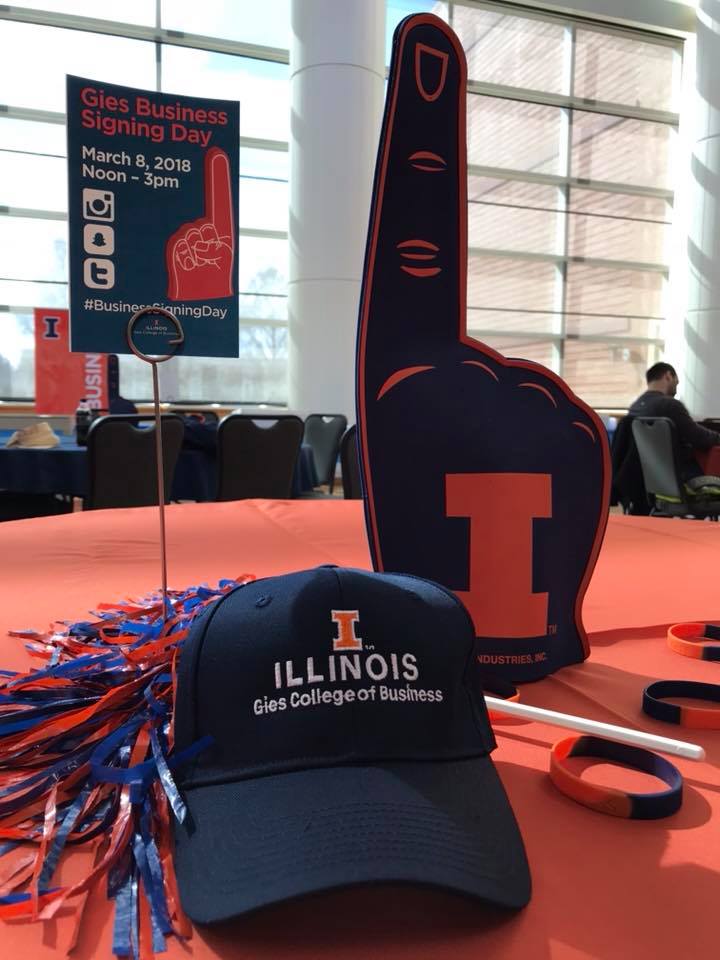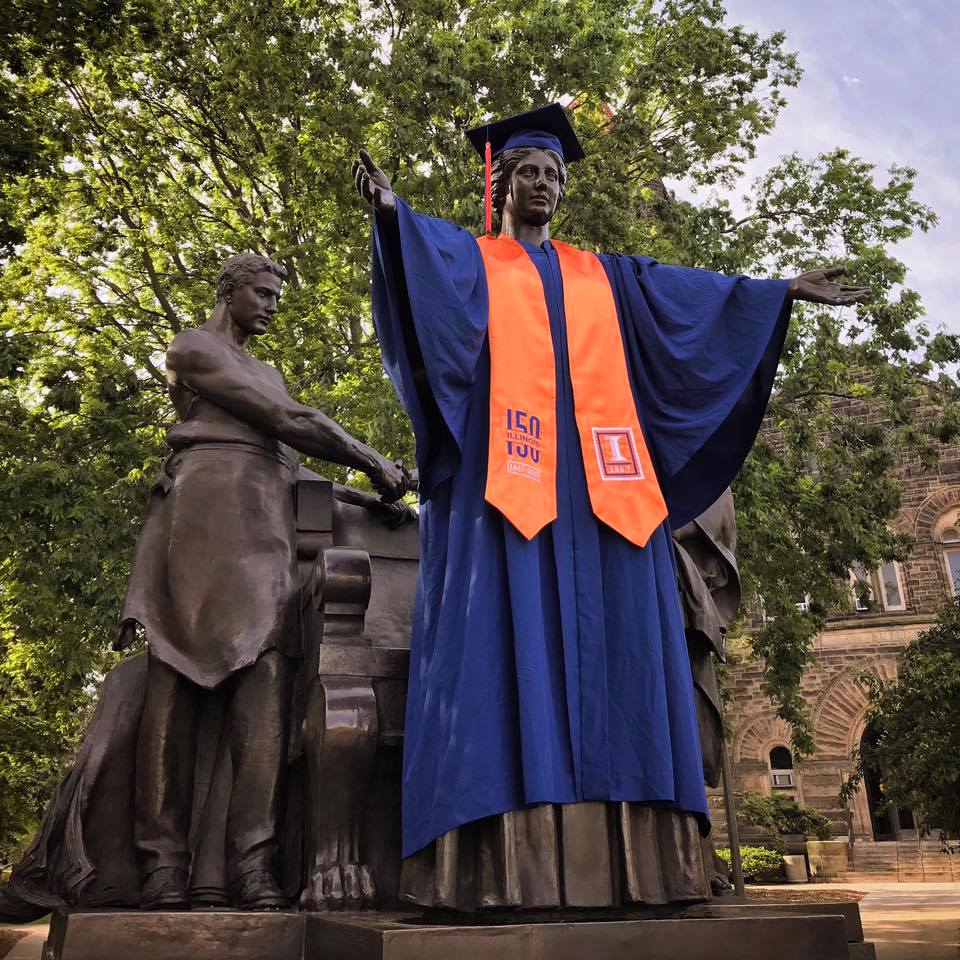Accountancy
Accountancy prepares students for entry into a variety of fields in accountancy, including corporate accounting, public accounting, forensic accounting, and other financial services related fields. However, the BSA is not always sufficient to qualify students to take the CPA examination in Illinois. Therefore, students who are in the BSA program and who wish to take the CPA examination have the option of applying to the department’s integrated Bachelor/Master in Accountancy program, the MAS Degree . The MAS program will not only provide an opportunity for students to obtain the required number of credit hours to sit for the CPA, but they will also be able to enhance their skills by selecting a concentration such as data analytics or supply chain operations.
- ACCY 201- Accounting and Accountancy I
- ACCY 202- Accounting and Accountancy II
Students should consult with an academic advisor regarding course selection prior to the advanced registration period.
Many students who major in accounting do go on to become accountants, but there are also other possibilities like Controller, Forensic Accountant, Finance Director, Risk and Compliance professional, and Environmental Accountant. If you wish to pursue a career as an accountant, you may still have some choices to make. There are many different types of accounting (e.g., tax and audit) and there are various work settings to consider. You can be a government accountant working at the city, state, or federal level. You may decide to work in public accounting for a small firm, a regional firm, or one of the "Big Four" firms. You could join the accounting department in the corporate office of a large company or take a position as the only accountant for a small business. Since all businesses require some type of accounting function, the possibilities are endless!
- Budget Analyst
- Credit Manager
- Actuary
- FBI Agent
- Financial Analyst
- IRS Agent
- Management Consultant
- Statistician
- Underwriter
- Banker
- Research Analyst
- Tax Accountant
- Loan-Consumer Credit
- Estate Planner
- Fund Raiser
- Treasurer
- Actuary
- Claims Adjuster
- Commodities Trader
- Industrial Buyer
- Assistant Controller
- Financial Analyst
- Auditor
- Consumer Credit Officer
- International Trade Specialist
- Collection Agent
- Bank Examiner
- Governmental Accountant
- Controller
- Personal Financial Planner
- Inventory Control Specialist
- Commercial Banker
- Industrial Accountant
- IRS Investigator
- Loan Administrator
- Stockbroker
- Certified Public Accountant
- Loan Officer / Consumer Credit
- ax Specialist
- Estate Planner
- Management Consultant
- Trust Accountant
- Claim Adjuster/Examiner
- Commodities Trader
- Financial Investment Analyst
- Insurance Agent/Broker
- International Trade Specialist
- Public Accountant
- Securities Broker
- Budgetary Control Analyst
-
Some careers may require education beyond an undergraduate degree.
- Problem solver
- Adapt well to frequent change
- Organized
- Numerical computation
- Analyze and interpret data
- Critical thinking
- Computer literacy
- Systemizing skills
- Efficient
- Work independently or in teams
- Logical thinking
- Oral and written communication
- Applying for a study abroad experience
- Utilizing resources of The Career Center
- Joining a Registered Student Organization (RSO) related to this major, such as:
- Accounting Club: Enhances the student experience through company presentations, philanthropy opportunities, and social events. Strives to educate members about the importance of leadership, ethics, communication, professionalism, and networking while informing them about the professional opportunities available to them.
- Tax Club: Seeks to provide relevant information and offer career resources to assist current and future tax professionals.
- National Association of Black Accountants: Addresses the professional needs of members and builds leaders that will shape the future of the accounting and finance professions.
There are several professional organizations dedicated to Accountancy. Their websites might be able to provide a glimpse in the world of Accountancy. These organizations include The American Institute of Certified Public Accountants and American Accounting Association.


